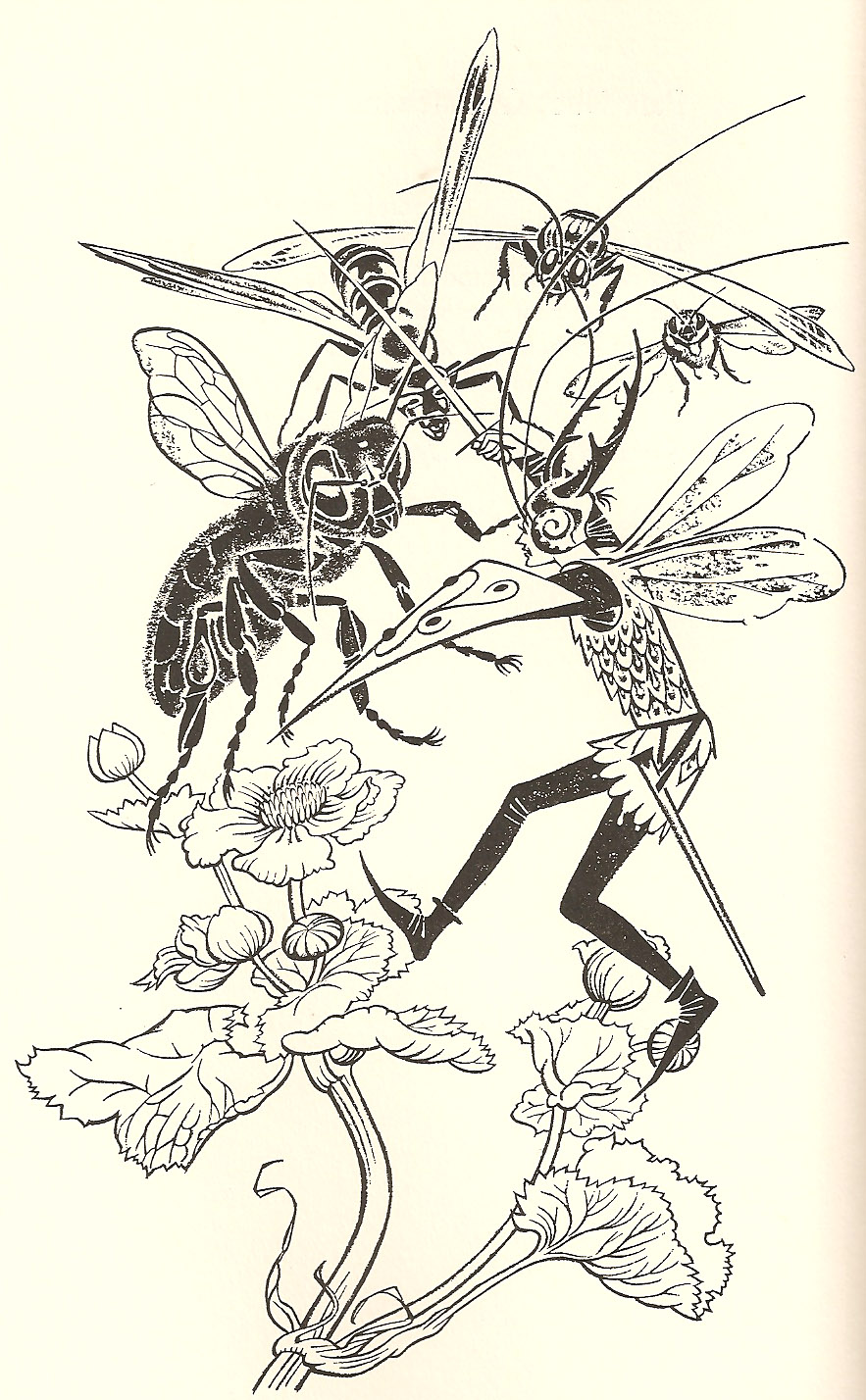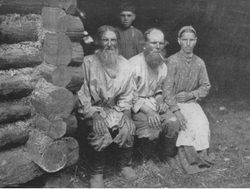Extollager
Well-Known Member
- Joined
- Aug 21, 2010
- Messages
- 9,067
Very surprised you've not read that before! I've reread the Duncton books more than any other book. Mayweed is one of my fave characters ever - I even named my first rat Mayweed. (He's not in DW though, comes in later)
Haven't read the book you're discussing, but I'm fond of mayweed, at least the plant that I understand to be called by that name here in North Dakota, an aster-type thing that flowers as miniature daisies. I "introduced" it on a small slope of our yard above an alley, and it did well. The one that really took off, though, was golden glow (rudbeckia), which I noticed growing in woods near here. I "introduced" it in our yard and it has been "aggressive." I like it. It grows tall stalks, then flowers in long-lasting droopy golden petals and is attractive to bees, and birds come for the seeds. Also harebells settled in nicely. I often recall affectionately the remark of artist Samuel Palmer, whose plants were liable to be uprooted by the maid: "I will have my weeds!"



